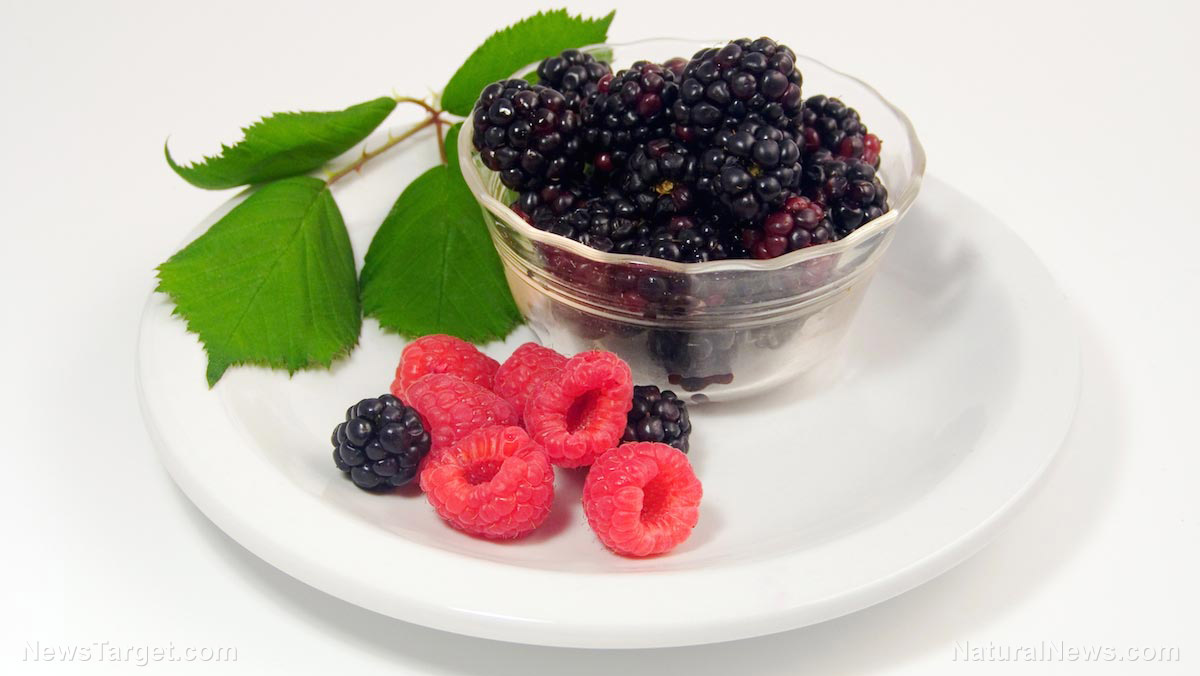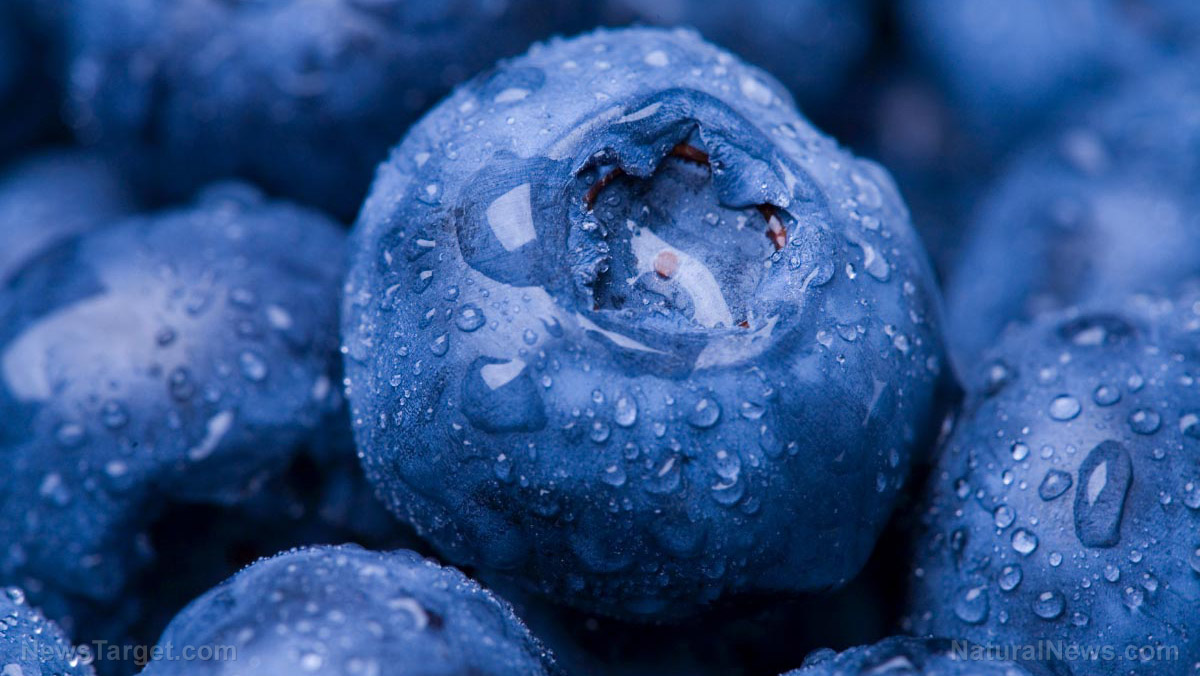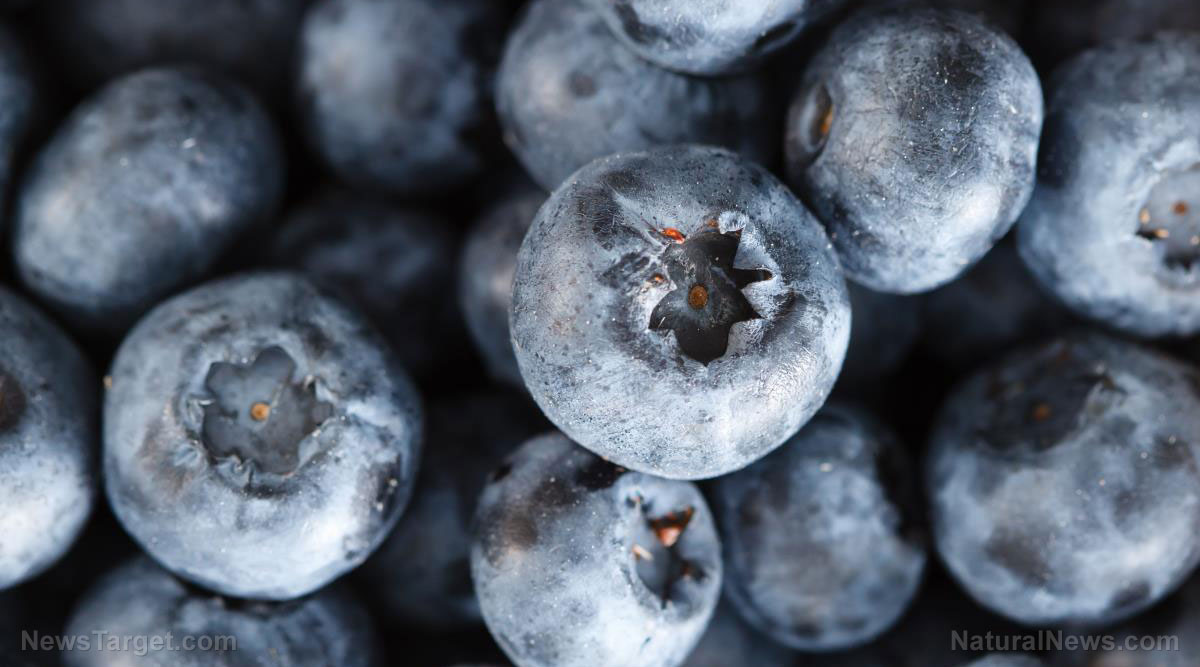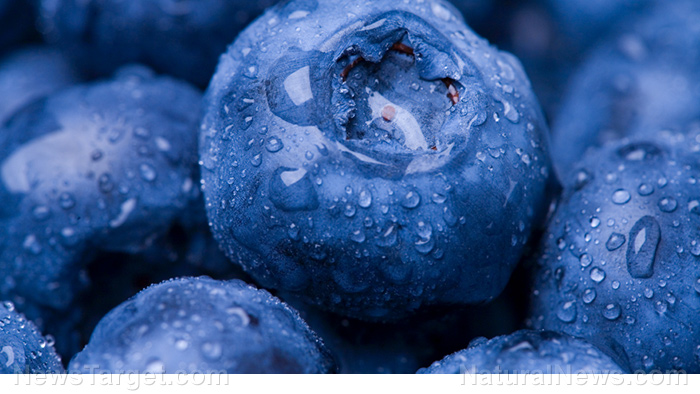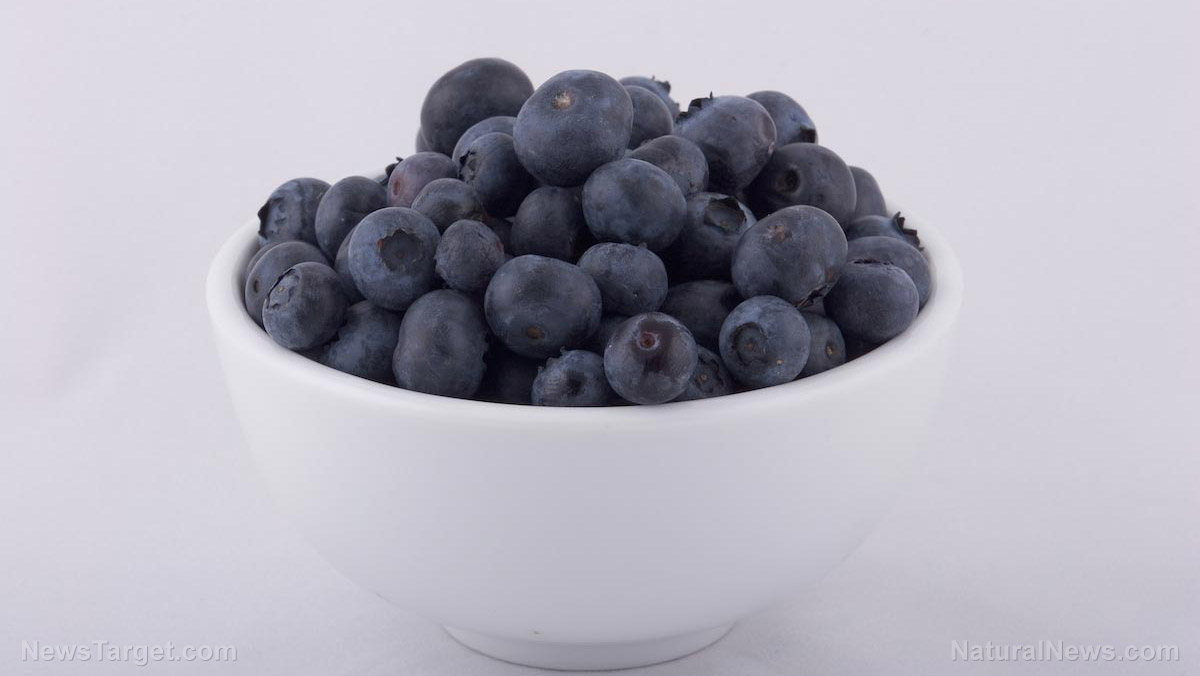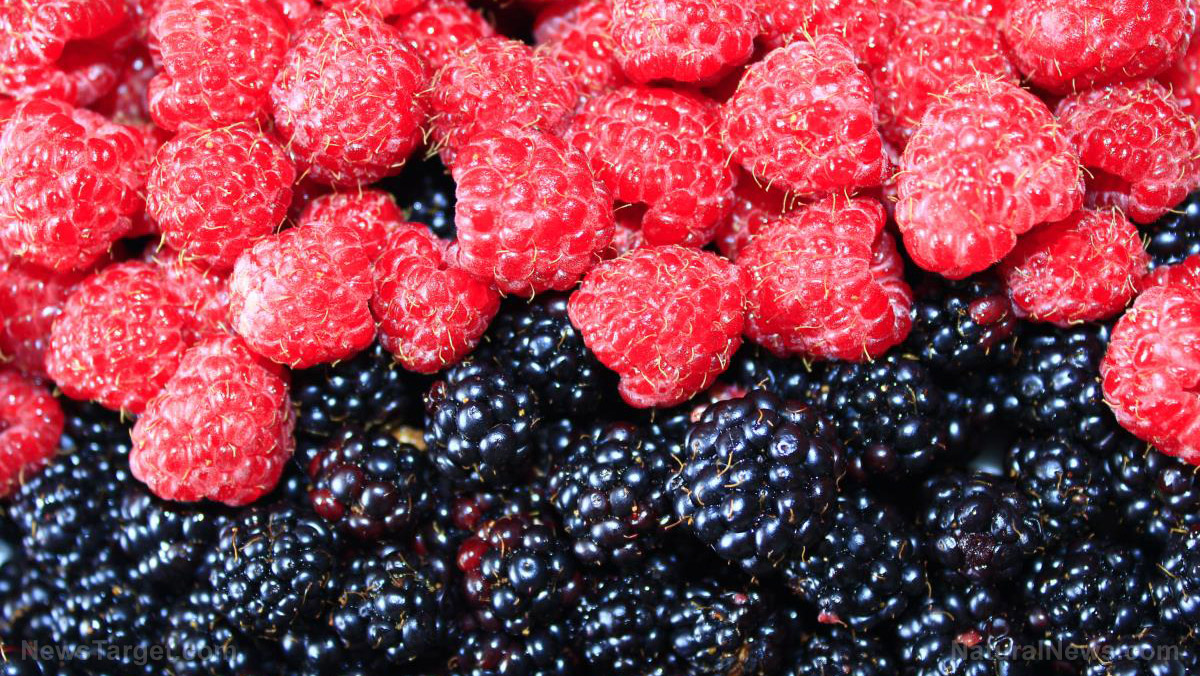A cup of tea or a handful of berries a day can prevent heart disease
02/26/2019 / By Janine Acero
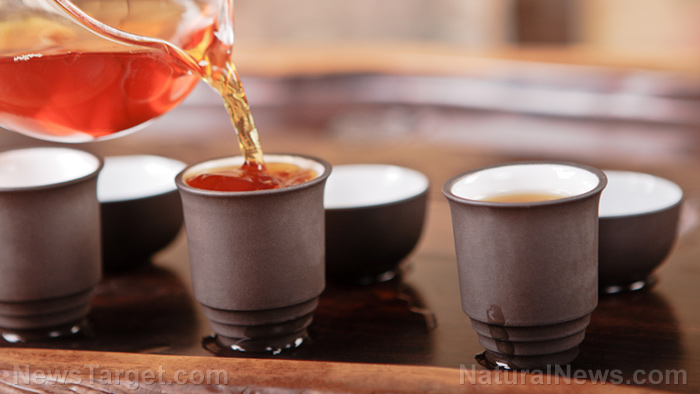
What do tea and berries have in common? These superfoods are not just good for overall health, they are particularly essential in preventing heart disease.
One study, presented at the 2018 American Heart Association‘s Scientific Sessions annual meeting, highlights the importance of daily consumption of tea and berries in preventing heart disease. The secret to this mechanism lies in the natural compounds found in these foods called flavonoids, which have been linked to a reduced risk of heart disease. Inflammation is a known risk factor for heart disease, and flavonoids have been found to possess potent anti-inflammatory properties.
Flavonoids can be found in many foods, such as chocolate and red wine, but the study focused on the consumption of tea and berries. Previous studies have highlighted the beneficial effects of flavonoids in reducing heart disease risk, but this study is one of the largest to date to add to the growing body of evidence on the link between these natural compounds and heart health.
In the study, co-lead study author Nicola Bondonno, a postdoctoral researcher at the School of Biomedical Science at The University of Western Australia, and her research team analyzed data from nearly 53,000 people who had participated in the long-running Danish Diet, Cancer and Health Study, which began in the 1990s. The participants were tasked to answer a questionnaire on what types of foods they ate and how often they ate them. The researchers then tracked the participants’ health for more than 20 years.
After the 23-year follow-up period, the researchers found that around 12,000 of the participants had developed some type of heart condition.
The researchers found that people who reported eating around 500 mg or more of flavonoid-rich foods daily had a lower risk of developing ischemic heart disease, stroke and peripheral artery disease. This association was the greatest for the latter, the researchers found.
In their analysis, the researchers found that the association between flavonoids and lower risk of heart disease varied for different groups of people. For instance, people who smoked and drank alcohol, as well as men in general, needed more than 500 mg of flavonoids a day for the link to be apparent. However, these groups displayed the strongest link between flavonoid intake and a significant reduction in risk.
The researchers further observed that people who tended to eat lots of fruits and vegetables generally had better diets, eating fewer processed foods that are associated with heart disease.
Keep your heart healthy with flavonoids
It may seem a lot, but 500 mg is “very easy to eat in one day,” says Bondonno. The researchers also note that on average, it doesn’t matter how many flavonoids healthy people consume once they obtain the recommended intake of 500 mg/day. You can easily get this amount of flavonoids in a cup of tea and a handful of berries.
Here are some of the best berries to add to your daily diet, and fully maximize their science-backed heart-friendly benefits.
- Blueberries – Blueberries (along with other blue and purple fruits and vegetables) get their color from antioxidants called anthocyanins, which reduce oxidative stress. This lowers heart disease risk in both healthy and high-risk people.
- Raspberries – A favorite in dessert recipes, raspberries are rich in polyphenols called ellagitannins, which also reduce oxidative stress. Black raspberries may be especially good for your heart, reducing heart disease risk factors such as blood pressure and blood cholesterol.
- Strawberries – If you love to snack on strawberries, you’re already doing your heart a huge favor. Studies have highlighted their heart-friendly properties such as lowering inflammatory chemicals in the blood, and controlling heart disease factors like blood cholesterol, triglycerides and oxidative stress.
- Cranberry juice – Studies have found that cranberry juice may shield your heart from cholesterol, blood pressure, oxidative stress and “stiffness” of arteries.
- Bilberry juice – Juicing bilberries can reduce inflammation in people at risk of heart disease or metabolic syndrome.
Pump more love to your heart with other flavonoid-rich foods you can learn about at at Fresh.news.
Sources include:
Tagged Under: anti-inflammatory, antioxidants, berries, cardiovascular disease, flavonoids, food is medicine, Fresh, Green tea, grocery cures, heart health, organics, phytonutrients, polyphenols, prevention, remedies, tea


